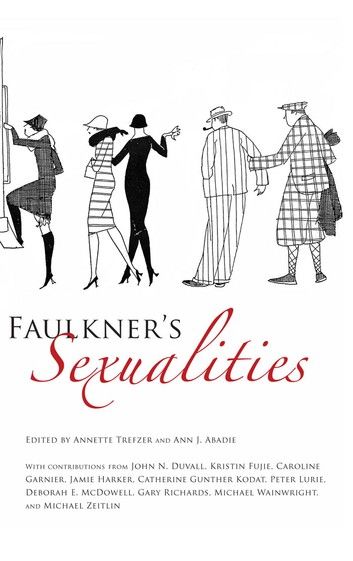William Faulkner grew up and began his writing career during a time of great cultural upheaval, especially in the realm of sexuality, where every normative notion of identity and relationship was being re-examined. Not only does Faulkner explore multiple versions of sexuality throughout his work, but he also studies the sexual dimension of various social, economic, and aesthetic concerns.
In Faulkner's Sexualities, contributors query Faulkner's life and fiction in terms of sexual identity, sexual politics, and the ways in which such concerns affect his aesthetics. Given the frequent play with sexual norms and practices, how does Faulkner's fiction constitute the sexual subject in relation to the dynamics of the body, language, and culture? In what ways does Faulkner participate in discourses of masculinity and femininity, desire and reproduction, heterosexuality and homosexuality? In what ways are these discourses bound up with representations of race and ethnicity, modernity and ideology, region and nation? In what ways do his texts touch on questions concerning the racialization of categories of gender within colonial and dominant metropolitan discourses and power relations? Is there a Southern sexuality? This volume wrestles with these questions and relates them to theories of race, gender, and sexuality.












